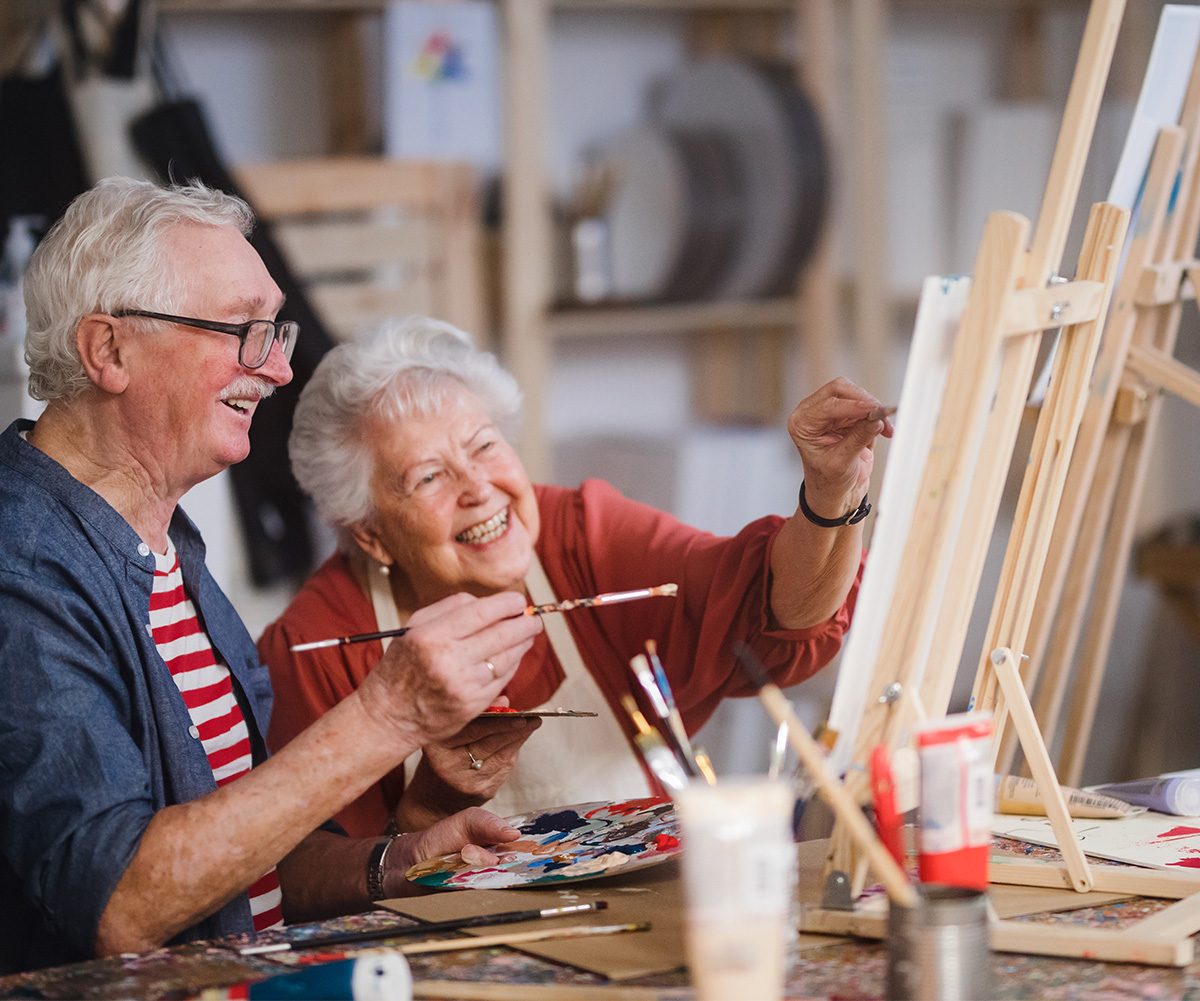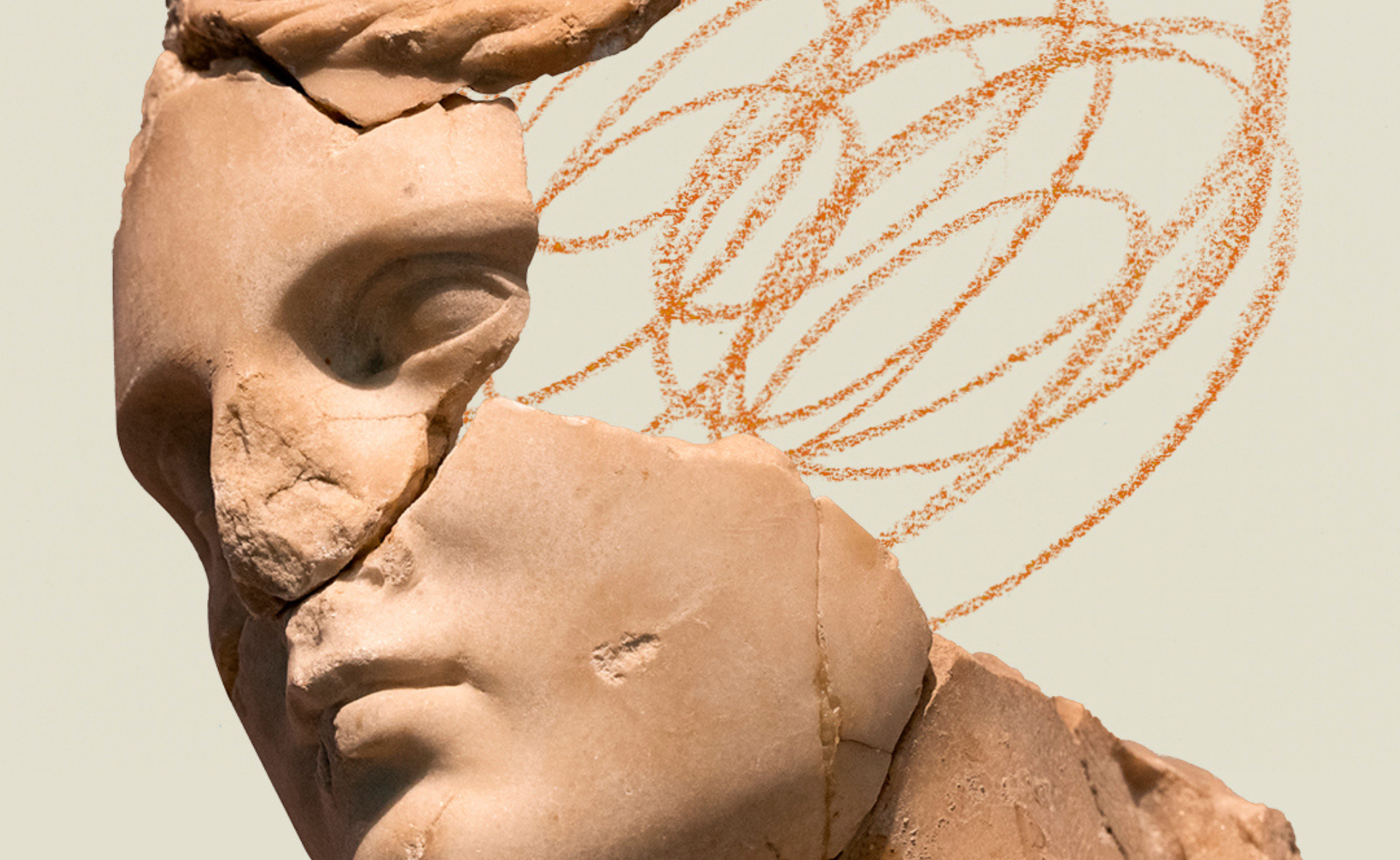Like running water, good friends and enough milk in the fridge, self-confidence is one of those things you take for granted until it’s gone. At which point, it can quickly and negatively impact your lifestyle and health.
“We are talking about self-esteem when talking about self-confidence. This is knowing that we are enough, irrespective of whatever anyone else says or thinks of us,” says Diane Young, a psychotherapist and addiction and trauma specialist at South Pacific Private.
As you slowly emerge from the past two years, with many of us having experienced isolation, increased domestic pressures and even job loss, you may notice your appetite for moving outside your comfort zone has diminished. Or that you’re overthinking everything. Or you just can’t shake the ‘blah’ feeling. These are all signs of confidence that have taken a hit.
“Our inner thoughts about ourselves deeply impact our physical and emotional wellbeing,” notes Diane. Fortunately, there are plenty of things you can do to get your mojo back. And here’s why it’s worth the effort: Confidence doesn’t just make you feel all warm and fuzzy … it also allows you to take the risks necessary to make tangible improvements in your life. So c’mon, spread your wings again … or at the very least, flutter them a little.
Here’s how to build – or rediscover – your confidence…
Reconnect with others
It’s the chicken and the egg – we need meaningful connections to have confidence, and yet we need confidence to go out and connect meaningfully with people.
“Connection plays a huge role in mental health and developing confidence,” says psychologist David Godden. “As humans we’re social, not solitary creatures. We need to have purpose, and part of that is having places to be and people to see.” While it may initially feel overwhelming, David says that reconnecting with friends is important.
Reach out, make plans, and remember that they’re probably feeling as tentative as you about post-pandemic life. “The best thing to do is start small,” advises David. “Organise to have a coffee or walk with a friend a couple of times a week. Having a commitment to them will help get you out of bed and start the day off in a positive way.”
Just remember to take one step at a time, he adds. “Don’t try to overcommit or place too many expectations on yourself, and pull back when things feel too much.” Joining a social club, sports club or volunteering are also positive ways to engage in a social environment. Such activities can boost confidence simply because you are part of something and acknowledged by others.

Undertake some self-reflection
Self-reflection is a good foundation for rebuilding confidence. Take time to ask yourself: What did I learn? What strengths have I gained? What can I let go? Doing this helps to reinforce our beliefs and helps us reassess what’s important to us. It helps us recognise our past achievements, understand what brings us joy and live according to our values.
“Recognise what your values are, then identify some value-driven goals and actions,” advises Dr Jodie Lowinger, psychologist and author of The Mind Strength Method: Four Steps to Curb Anxiety, Conquer Worry and Build Resilience. “For example, if you value friendship, ask yourself, ‘Why am I maintaining the friendships I’m maintaining? Am I connecting with people who treat me with the respect and kindness I deserve?’ Connect or reconnect with those whose company you enjoy but let go of those individuals who you’re staying connected to because you fear letting go.”
Value-driven goals can help you stay on track and give you confidence that you’re living life true to yourself. Other value-driven goals may be saving for a holiday, committing to healthier habits, or spending more time with your kids.
Practice self-compassion
Sadly, body image issues remain one of the biggest challenges for women to overcome and the pandemic has done little to help. Research found a link between anxiety caused by COVID and the prevalence of body dissatisfaction and desire for thinness in women. Self-compassion is more important than ever.
“Self-compassion means letting go of the judgements you hold about yourself and your body, acknowledging all of your feelings and being caring towards yourself no matter what,” says Shreen El Masry, body inclusive personal trainer and author of Be You, Be Free. “By practising self-compassion, you can experience less body shame, monitoring and comparison, and it can also help you detach your body image from your self-worth, helping you feel more self-confident.”
One of the simplest ways you can start putting it into practice, says Shreen, is to ask yourself: ‘Would I say this to a loved one?’, or ‘If a loved one was saying mean things about their own body, what would I say to them?’ “The kind words of encouragement you would offer them are the words to start saying to yourself,” she says.

Reframe negative thoughts
It’s easy to give in to negative chatter in your head. But a little internal coaching can help quieten or silence this voice. Start by recognising negative thoughts and challenging if they’re useful or not. Consider what evidence there is to support your negative thought. Are you really failing at everything you do? Will the world end if you miss a deadline? Probably not.
Make note of evidence that conflicts with your thought. Maybe you’ve successfully juggled multiple projects recently. Maybe you’re a wonderful parent. Recognise that thought and then allow it to distance yourself from the negative.
“Notice the critical voice and personify it – you could even name it,” says Dr Lowinger. “This helps you to distance yourself from it and avoid it controlling you. “You don’t need to get hooked into the negative thought or caught up in the content, just recognise negative self-talk as unhelpful and bring the focus back to self-kindness and compassion.
“You have a choice.” Dr Lowinger adds that another tip to rebalance the negative bias that we often have is to practise gratitude. “Try to start the day thinking about one positive thing or one thing you’re grateful for.”
Step outside your comfort zone
A study conducted by Yale researchers found that challenging our brains and stepping out of our comfort zone boosts our happiness, which is intrinsically linked with confidence. But facing our fears and overcoming obstacles isn’t always easy.
“The tip is to think about the activities that you want to do and rate them from 0-100 on discomfort or fear,” says Dr Lowinger. “Start with things that are around a 20-40 on this rating, stand up to the worries in your mind and approach rather than avoid those situations. This will gradually extend your comfort zone and boost your confidence over time.”
Moving out of your comfort zone may be as simple as trying a new coffee shop or taking a different route to work, or as challenging as studying something new or connecting with people who inspire you.
Try to get comfortable with discomfort and acknowledge when you’re making excuses to avoid things. Don’t put too much pressure on yourself or have unrealistic expectations and take things slowly.
Focus on the positives that will come from your actions, not the negatives, but accept that failure may be part of the process. And remember that in taking risks, you’re daring to shake up the status quo and perhaps making necessary adjustments.

Confidence boosters
Doing things that spark joy, contentment and love will boost your happiness and self-confidence. Think of things that instantly lift your mood and aim to do at least one of them a week.
Here are some ideas:
Listen to your favourite songs and dance around the house.
Go on an adventure. Visit a new place this weekend, explore a different street on your lunch break, or go somewhere that’s been on your list for a while.
Get creative! Paint, sing, draw, complete a puzzle, get in the garden, or make something for a friend or for your home.
Do some joyful movement, like a nature walk, hula hooping, or rollerblading.
Organise a fun active date with friends or family, such as going bowling, trampolining, mini-golf, or outdoor games.
Take it one day at a time
It’s important to remember that everyone responds differently to things, so don’t compare yourself to others.
Expect that your feelings may change daily as you get used to a new normal. “Our mind naturally struggles with the ‘unknown’ and not having control,” says David Godden. “Thinking too far forward opens us up to unanswered questions and the ‘unknown’ of where post-COVID life will lead us.
“Taking it one day at a time can help us embrace the good days and cope with the not so good ones.” David suggests incorporating relaxation techniques into your day to help relieve any anxieties. Yoga, tai chi, gentle walks, and mindfulness are all effective, as are meditation apps and online videos.
